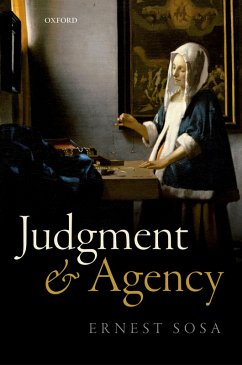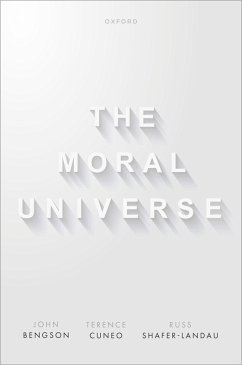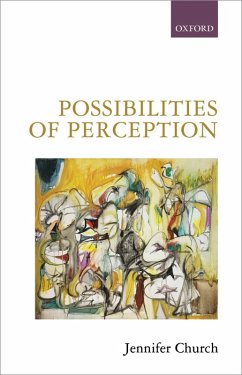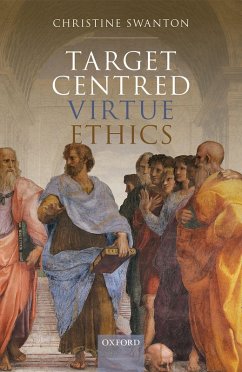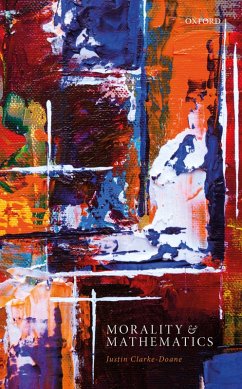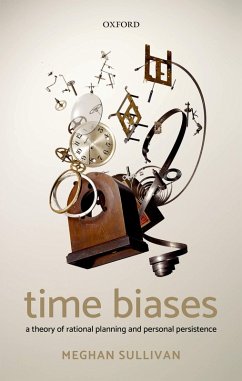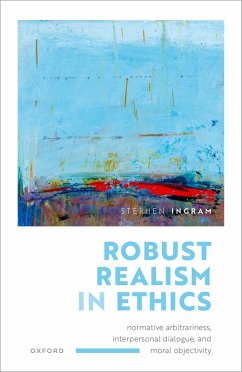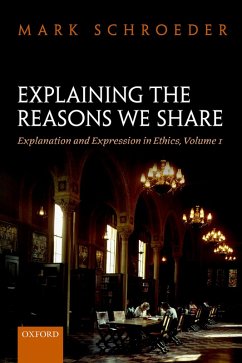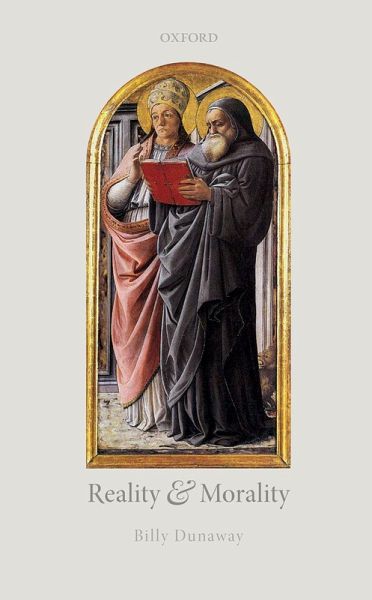
Reality and Morality (eBook, PDF)
Versandkostenfrei!
Sofort per Download lieferbar
34,95 €
inkl. MwSt.
Weitere Ausgaben:

PAYBACK Punkte
17 °P sammeln!
Reality and Morality develops and defends a framework for moral realism. It defends the idea that moral properties are metaphysically elite, or privileged parts of reality, and argues that realists can hold that this makes them highly eligible as the referents for our moral terms (an application of a thesis sometimes called reference magnetism). Billy Dunaway elaborates on these theses by introducing some natural claims about how we can know about morality, by having beliefs that are free from a kind of risk of error. This package of theses in metaphysics, meta-semantics, and epistemology is m...
Reality and Morality develops and defends a framework for moral realism. It defends the idea that moral properties are metaphysically elite, or privileged parts of reality, and argues that realists can hold that this makes them highly eligible as the referents for our moral terms (an application of a thesis sometimes called reference magnetism). Billy Dunaway elaborates on these theses by introducing some natural claims about how we can know about morality, by having beliefs that are free from a kind of risk of error. This package of theses in metaphysics, meta-semantics, and epistemology is motivated with a view to explaining possible moral disagreements. Many writers have emphasized the scope of moral disagreement, and have given compelling examples of possible users of moral language who appear to be genuinely disagreeing, rather than talking past one another, with their use of moral language. What has gone unnoticed is that there are limits to these possible disagreements, and not all possible users of moral language are naturally interpreted as capable of genuine disagreement. The realist view developed in Reality and Morality can explain both the extent of, and the limits to, moral disagreement, and thereby has explanatory power that counts significantly in its favour.
Dieser Download kann aus rechtlichen Gründen nur mit Rechnungsadresse in A, B, BG, CY, CZ, D, DK, EW, E, FIN, F, GR, HR, H, IRL, I, LT, L, LR, M, NL, PL, P, R, S, SLO, SK ausgeliefert werden.




